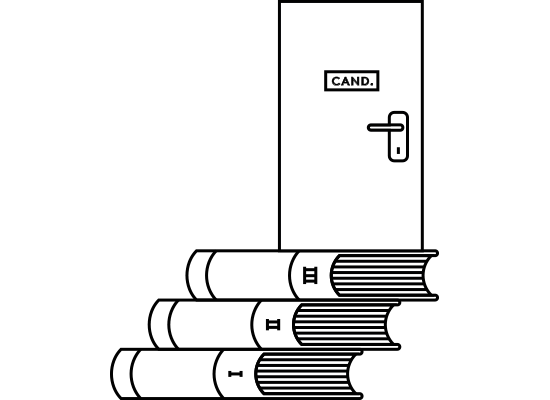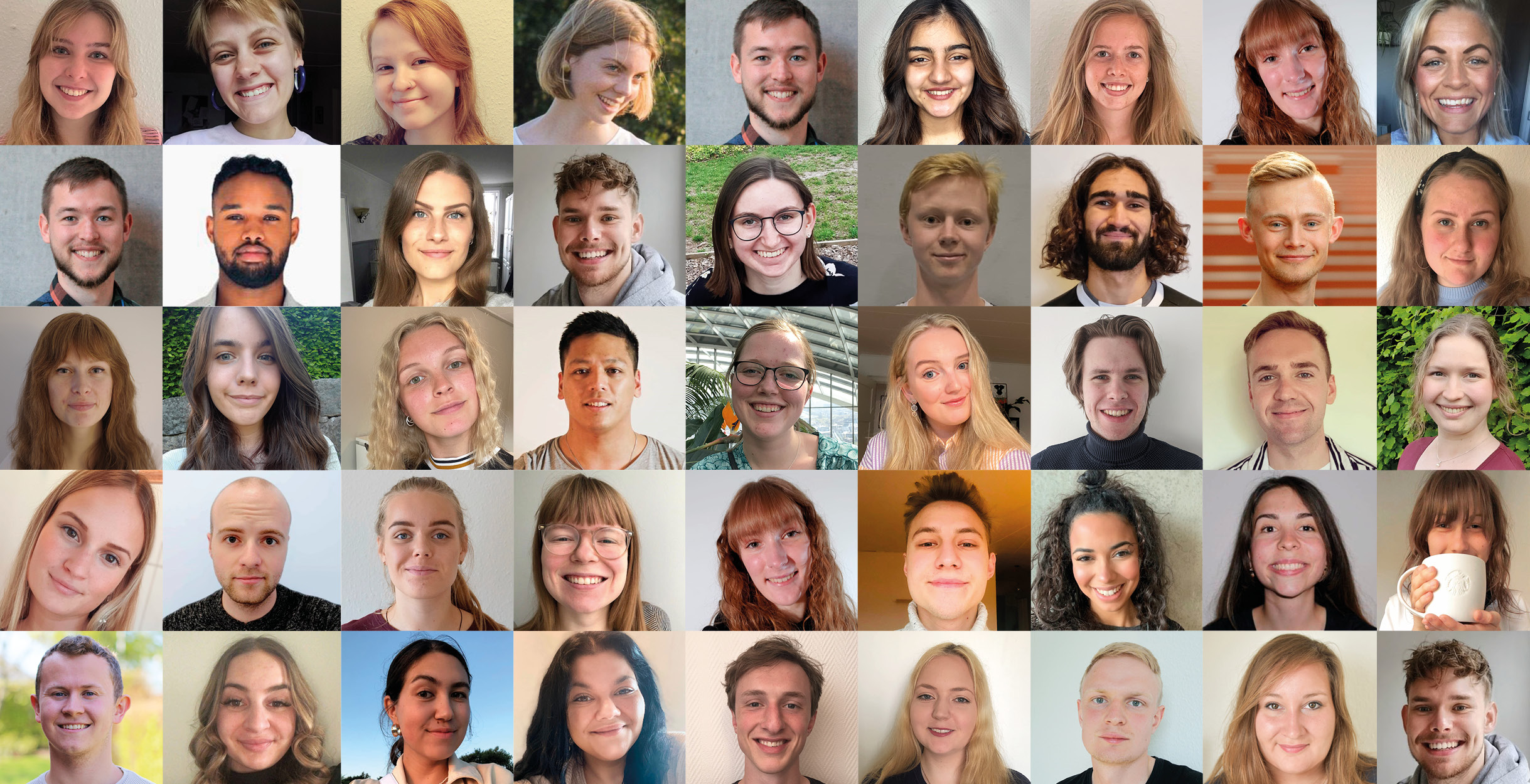The choices you make along the way define your future opportunities
The master’s degree programme in Business, language and Culture will offer you a lot of freedom of choice and the opportunity to shape the programme according to your interests:
- Do you want to study abroad?
- How about a project-oriented course?
- What do you want to learn in your assignments, projects and elective courses?
- Do you want to work alone or with others?
- What type of problem do you want to work on in your master’s thesis?
On mysdu you can find more about the elements and choices included in the master’s degree programme in Business, language and Culture. When graduating in two years, not two graduates will have the same competences. This means that our graduates can handle many different tasks upon completing their master’s degree. Tasks that match the competences they have developed along the way. You have many options – and to a large extent the choices you make along the way will define your options.
Examples of what graduates have learned and what they do
Below you can read more about what our graduates often gain from their years at SDU and how they contribute in the world. The lists are not exhaustive – you will find lots of graduates who have used their master’s degree programme to learn other things and created a future that you could not possibly have imagined.
This is one of the strengths of a degree in the humanities.

